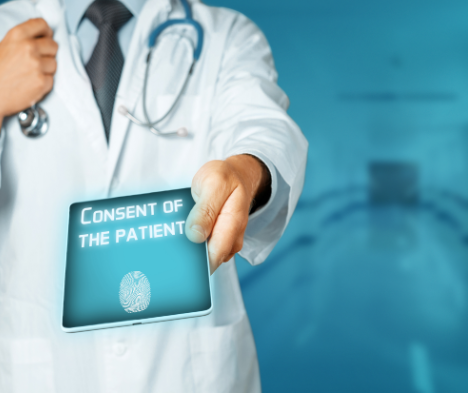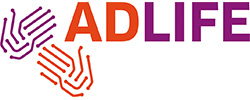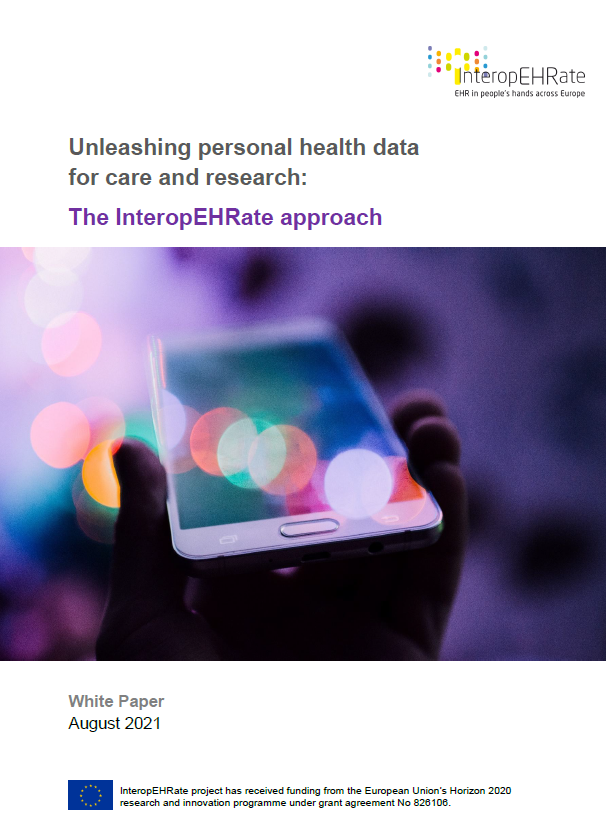
TEHDAS is being carried out by 25 European countries and co-ordinated by the Finnish Innovation Fund, Sitra. The project started in February 2021. It is based on the European Commission’s Health Programme 2020.
The cross-border sharing of health data has so far been project and there are no legal bases or common practices for the secondary use of health data. A lack of clarity and differing interpretations of the General Data Protection Regulation (GDPR) means that health data is being underused in research and decision-making.
The Covid-19 pandemic has highlighted the urgent need for European-wide health data sharing and co-ordination.
The primary use of health data is the use of health information, such as patient records, to treat a person. The secondary use of health data means using health data for purposes other than the primary reason for which they were originally collected. The secondary use can be, for example, research, decision-making, development and innovation, and education.
The benefits of the secondary use of health data include providing better healthcare services and personalised care for people, and thereby saving lives, increased business opportunities for companies and cost savings for societies.
The TEHDAS project involves partners from 21 EU member states and four other European countries. The project is co-ordinated by the Finnish Innovation Fund Sitra(open in new window).
TEHDAS is funded by the Health Programme of the European Union(download PDF) and the European countries involved.




